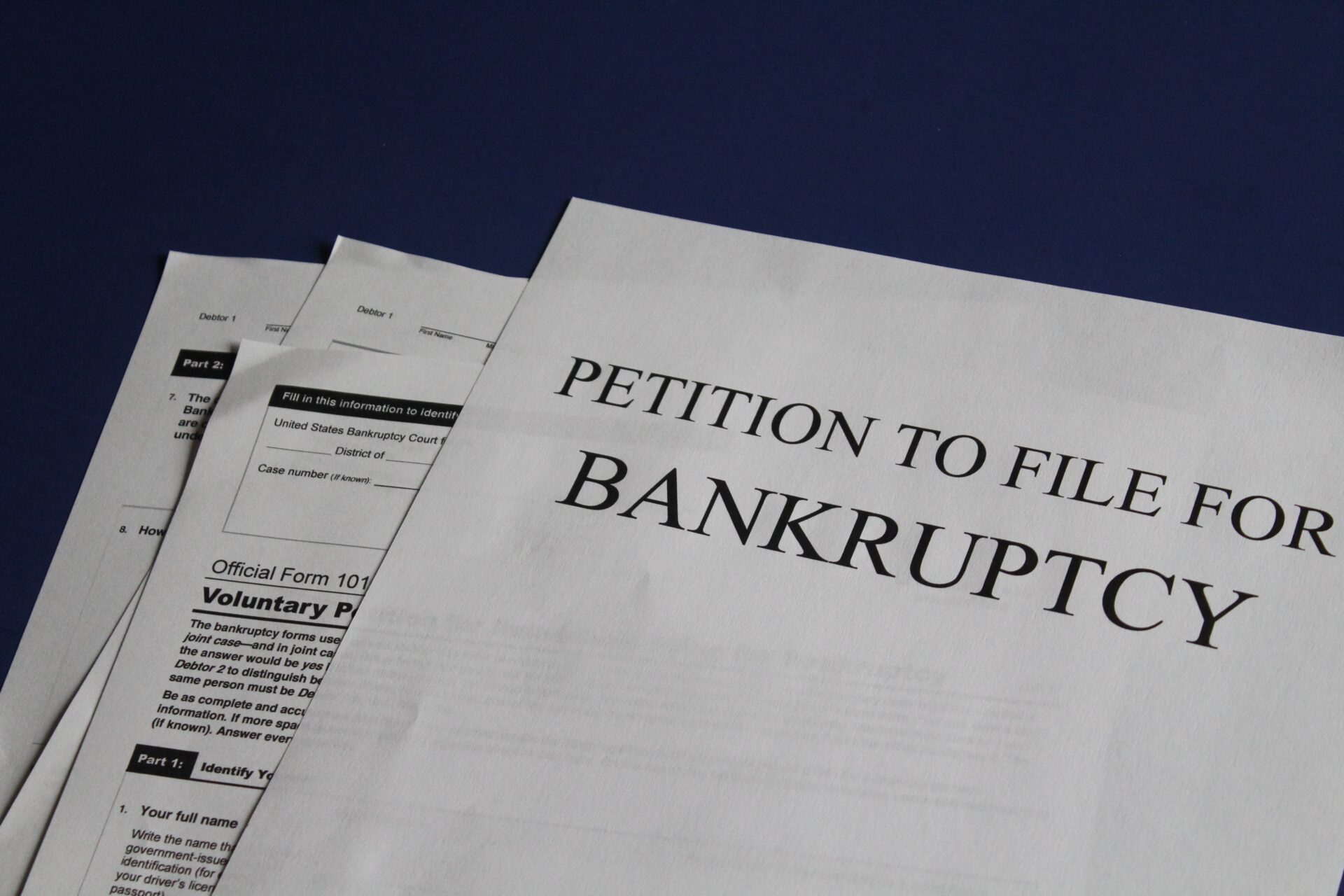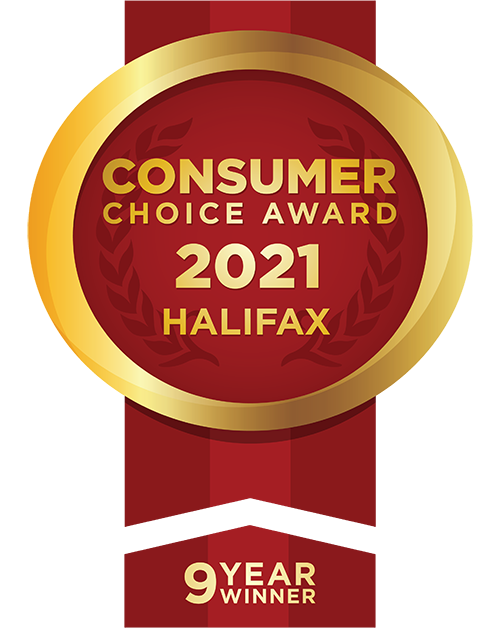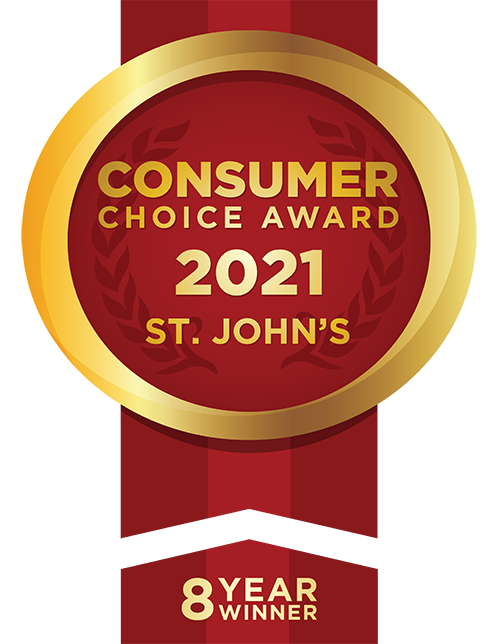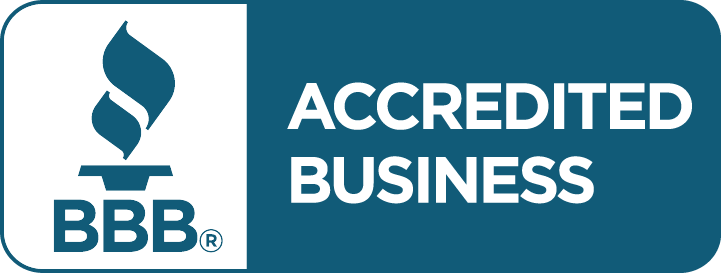As a kid, playing the game of Monopoly was always fun. Buying up assets, collecting money from other players and seeing your pile of money grow gave you a sense of pride. Nobody ever wanted to go bankrupt because that would mean they lost the game. Yet somewhere along the way, bankruptcy is something that people no longer seem to be afraid of. The stigma of bankruptcy has gone away.
In October 2019, right before the pandemic, the number of Canadians filing for bankruptcy was the highest in a decade. The pandemic, oddly enough, slowed things down because people were given government assistance, and there were freezes on repayments. But now that the pandemic is over and the cost of living is rising, bankruptcy is back in full swing.
The most recent report of Canadian insolvency filings (October 2022) indicated a 19 per cent increase compared to October 2021. In Atlantic Canada, the numbers are even higher. In New Brunswick, Newfoundland and Nova Scotia, there was a year-over-year insolvency increase of 30 per cent, 28 per cent and 22 per cent respectively. As interest rates and inflation continue to rise, bankruptcy, unfortunately continues to be a solution for many.
But should bankruptcy be destigmatized the way that we’ve destigmatized mental health? While bankruptcy may be the best option for some, it is not normally one that people feel good about. Perhaps, the problem with bankruptcy is that it’s not that effective. While it may clear your existing debts, it doesn’t give you the financial education to manage your money over the long term or change the habits that may have got you there in the first place. In fact, one in five Canadians who filed for bankruptcy in 2018 was doing it for at least the second time.
In comparison, credit counselling has a repeat rate of less than one per cent versus a repeat rate of 22 per cent for bankruptcy. Credit counselling is a process whereby certified counsellors help consumers pay back their debt through tools like debt management programs, financial education, budgeting and guidance to reduce and eliminate debt. A certified counsellor can help point you in the right direction and find the best solution.
Make no mistake about it, bankruptcy is a big deal and should always be a last resort. During the nine- to 21-month-period it takes to complete a bankruptcy and have your debts discharged, you will have to hand over total control of your finances to a bankruptcy trustee. You will have to surrender all your credit cards. You will have to report your household income and living expenses to the trustee every month and send along copies of your pay stubs. You can start over and rebuild your credit, but at what cost; both financially and emotionally?
So, why are more and more people turning down this path when there are several alternatives to bankruptcy? Perhaps it’s the fact that people just don’t know where to turn. Additionally, Licenced Insolvency Trustees tend to have big advertising budgets compared to credit counsellors, many of which are non-profit organizations. As a result, they can get in front of consumers first and more often to present their products as the best option.
A credit counsellor will always have your best interest at heart and help you identify the best solution for your situation. In some cases, it may be bankruptcy or a consumer proposal, but this is often a last resort.
Credit counselling isn’t free – nor is bankruptcy – but it provides you with an opportunity to pay down your debt, manage your money effectively, rebuild your credit and, perhaps the best part, feel good about it.
While some people want to just get rid of their debts and pretend it never happened, one study indicated that 86 per cent of Atlantic Canadians prefer to pay off debt over a longer term, compared to going bankrupt in the short term. People normally take on debt with the intention of paying it back, but life circumstances happen that can make that impossible.
Paying off debt is hard – nobody is pretending it’s not, but it’s the right thing to do. Paying back your debts gives you a sense of pride and accomplishment. Bankruptcy does more than affect your credit score and end up as a matter of public record; it almost teaches you that getting into debt is okay and that there is a magical cure to solve your problems. Has the pandemic suddenly afforded us the excuse of not paying back our debt? Are we really that powerless over our finances? Or are we just no longer holding ourselves accountable for the debt that we’ve racked up?
As we start a new year and continue to navigate this ever-changing economy, now is the time to think carefully about your financial situation. If you’re carrying a lot of debt and are concerned about making your payments due to rising interest rates and inflation, you should seek help. Consider reaching out to a credit counsellor for help before veering down the bankruptcy route. There are other options.
While debt can seem scary, it doesn’t have to be, and you don’t have to tackle it alone.











